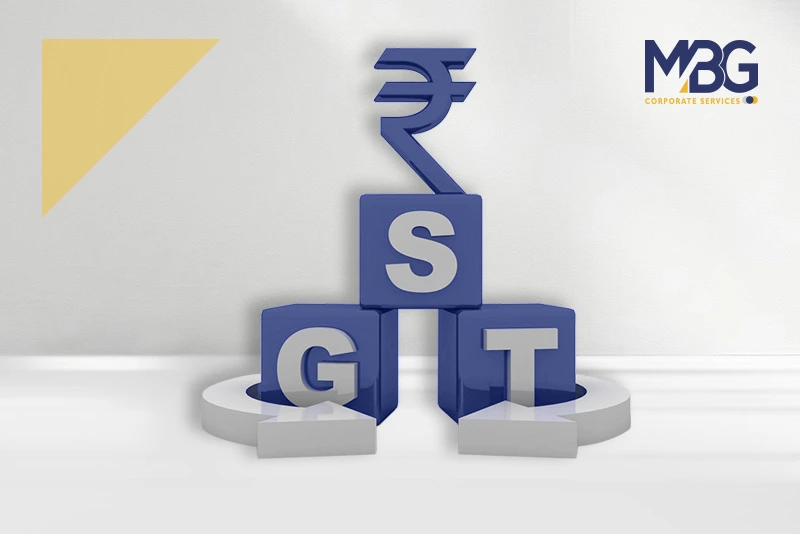GST Appellate Tribunal 2025: Rules, Procedures, and Filing Appeals

Introduction to the GST Appellate Tribunal
The Central Board of Indirect Taxes and Customs (CBIC) has notified the GST Appellate Tribunal (Procedure) Rules, 2025, to regulate the functioning of the newly established tribunal. Additionally, these rules provide a clear framework for filing online appeals to the GST Appellate Tribunal through the official portal, ensuring a streamlined and transparent process for taxpayers.
Background of the GST Appellate Tribunal
The Government established the GST Appellate Tribunal (GSTAT) under section 109 of the Central Goods and Services Tax Act, 2017 to hear appeals against orders passed by Appellate or Revisional authorities under sections 107 or 108. Consequently, taxpayers and businesses now have a dedicated forum to address disputes efficiently.
Previously, appeals went directly to High Courts, which often caused delays due to backlogs. By introducing the GST Appellate Tribunal, the government provides a specialized and streamlined mechanism that ensures quicker resolution and reduces the burden on higher courts.
Key Provisions of the New Rules (Effective from April 24, 2025)
1. Online filing:
Taxpayers must submit appeals, applications, and documents through the official GST Appellate Tribunal (GSTAT) portal in the form prescribed under the rules. The submissions must contain the following details:
- The cause title must state “In the GST Appellate Tribunal” and clearly outline the proceedings or order of the authority against which the appeal is preferred.
- The authorities require taxpayers to divide each appeal into numbered paragraphs, ensuring each paragraph presents a separate fact, allegation, or point.
- Taxpayers must provide the full name, parentage, Goods and Services Tax Identification Number, description of each party, and address at the beginning of the appeal. They do not need to repeat this information in subsequent proceedings.
- Taxpayers must number the names of parties consecutively, placing each name and description on a separate line. If a party dies during the appeal, taxpayers must indicate their legal heirs or representatives using sub-numbers.
2. Timeframes:
- First, taxpayers must file appeals within 3 months from the date of the communication of the order, or from the date notified by the Government based on the Council’s recommendations, whichever comes later. They must use Form GST APL-05 to submit the appeal to the GST Appellate Tribunal.
- Next, the Tribunal acknowledges the appeals within 30 days.
- Then, the GST Appellate Tribunal issues final orders within 30 days after the final hearing, excluding vacations and holidays.
- Finally, respondents must submit their replies within 1 month, and rejoinders are permitted within the same timeframe.
Hearing Modes of the GST Appellate Tribunal
Hybrid hearings:
-
The GST Appellate Tribunal conducts hearings either in-person or virtually via video conferencing, subject to approval by the President of the Tribunal.
Urgent listing:
- First, appeals filed before noon receive a hearing on the next working day.
- Next, appeals filed after 12:00 noon but before 3 p.m. may receive listing on the following day, provided the Tribunal grants specific permission.
Record Maintenance and Documentation:
The GST Appellate Tribunal requires staff to maintain all records and documentation related to proceedings.
- First, maintain a court diary and order sheet for each case to document all proceedings.
- Next, preserve necessary records for five years after the final order, while keeping certain critical documents for fifteen years.
- Finally, the record keeper actively indexes and manages all records in the designated record room to ensure accessibility and compliance
Inspection of Records and Procedures:
The GST Appellate Tribunal clearly outlines the process for inspecting case records, including application requirements and inspection conditions. The Registrar actively regulates the inspection and ensures that all guidelines maintain the integrity of the records.
- First, applicants or authorized representatives must submit a written application using GSTAT-FORM-03 to the Registrar.
- Next, pay a fee of Rs. 5,000 for inspection as per the Schedule of Fees.
- Then, request inspection at least two days in advance, as the Registrar grants permission.
- After approval, the Deputy Registrar or Assistant Registrar arranges the records and allows inspection on the specified date and time (10:30 a.m.–12:30 p.m. and 2:30 p.m.–4:30 p.m.) in the immediate presence of an authorized officer.
- Finally, inspectors must not alter any records. The Registrar maintains a register (GSTAT-CDR-06) to document all inspections.
Working Hours:
The GST Appellate Tribunal operates on defined sitting and office hours to ensure smooth functioning.
- First, the Tribunal conducts its sittings from 10:30 a.m. to 1:30 p.m. and 2:30 p.m. to 4:30 p.m.
- Next, the office remains open on working days from 9:30 a.m. to 6:00 p.m. for administrative and procedural support.
- Finally, the Tribunal publishes a daily cause list online and on notice boards, allowing taxpayers and practitioners to stay informed about scheduled cases.
Significance & Impact of the GST Appellate Tribunal
The establishment of the GST Appellate Tribunal brings several benefits:
- Firstly, the Tribunal resolves over 14,000 pending appeals, speeding up the process.
- Secondly, the Tribunal reduces the burden on High Courts, allowing faster handling of other matters.
- Thirdly, taxpayers and businesses access a quicker, specialized appellate mechanism. For complex disputes, MBG assists clients with Indirect Tax Litigation, helping them navigate appellate procedures and ensure compliance.
- Finally, the Tribunal introduces uniformity and structure to GST litigation across India.






